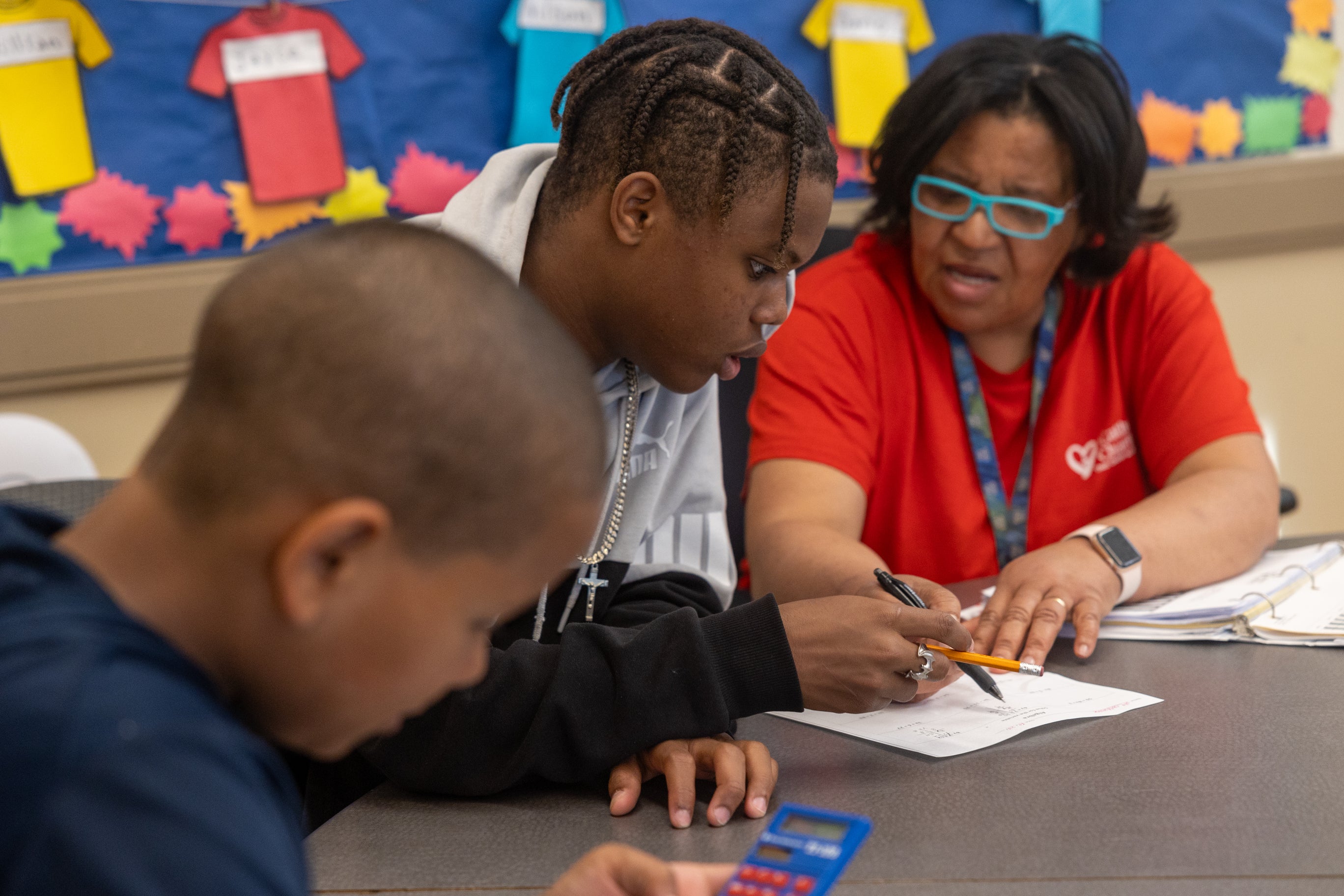Breadcrumb
- Wallace
- Our Approach
Our Approach

The Opportunity
The amount of money we have is minuscule compared with the size of the sectors in which we work—the arts, school leadership, and youth development. We stretch our philanthropic dollar by developing ideas to make progress in these fields. Our funding has two purposes:
- To support the efforts of our grant recipients
- To develop and broadly share what's been learned from their endeavors.

Insights to Expand Impact
Wallace works with partners in many communities nationwide. We're constantly learning from them and disseminating the lessons.

Considerations for Public Policy
Wallace shares evidence-based insights from our work relevant to public policy.

Equity
We believe equity means that fairness is embedded in the systems, structures, and practices of our society so that all people have the opportunity and supports they need to reach their full potential as human beings. What it takes to achieve equity varies from place to place, depending on local context and history. For that reason, we leave it to our grantees to define what equity would look in their communities and apply that definition to their work with Wallace.

Our Work Cycle
Understand
Understand
We ask, “What is it that the field doesn’t know, that if it did know, could lead to a breakthrough?” Literature reviews, surveys, and conversations with field experts are among our sources for answering this.
Generate
Generate
We design and carry out a strategy for an initiative that has two goals. One is to support the efforts of the participating grantees. The other is to develop useful ideas and information for the sector.
Catalyze
Catalyze
We share publicly what’s been learned from the effort to advance policy and practice nationwide. The cycle begins again as the lessons spur a new round of inquiry into how we could help sectors progress further.
